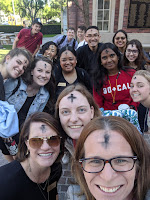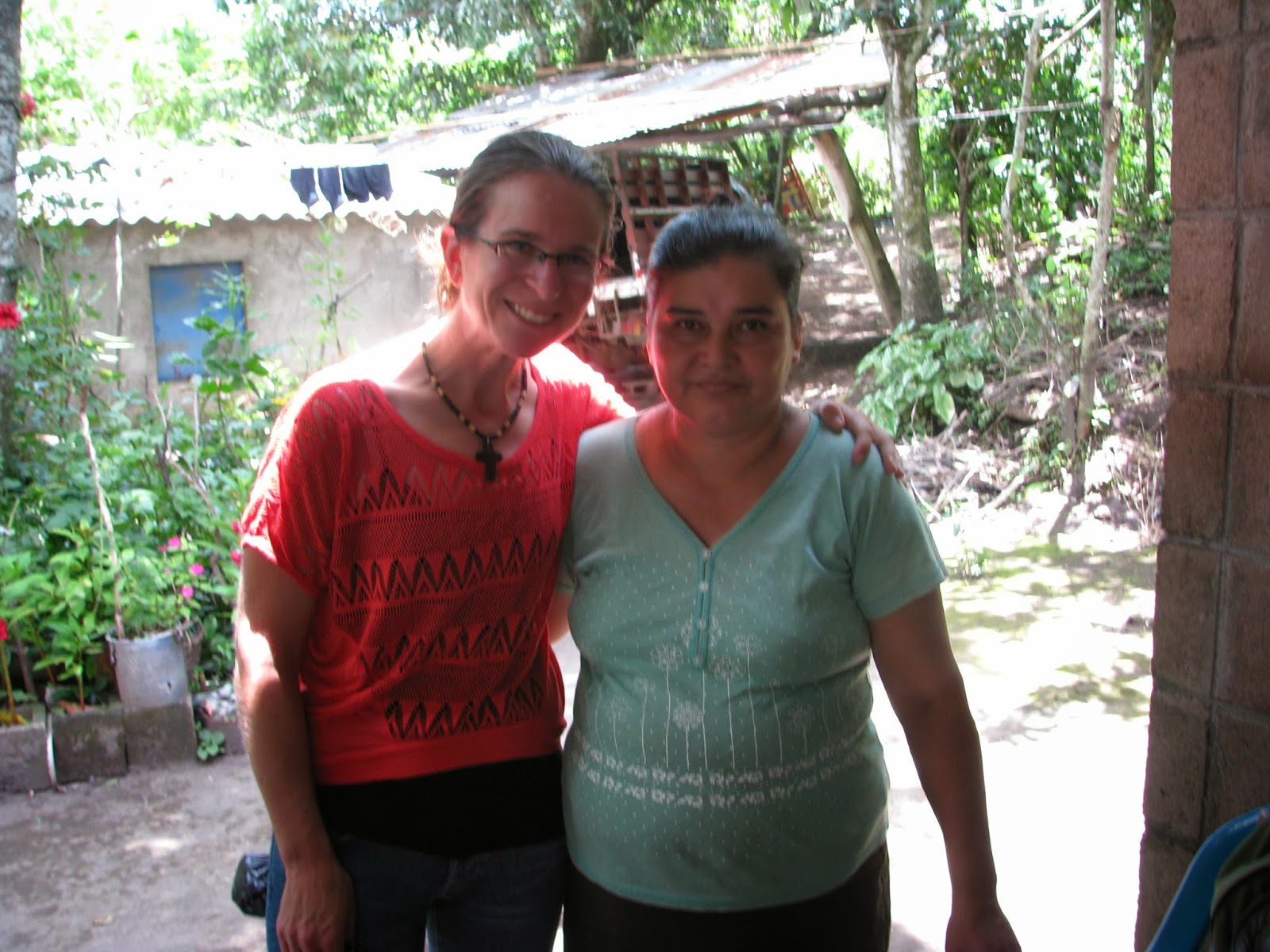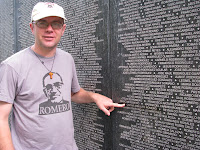Embarking on a journey to Guatemala with Unbound was more than just a travel experience - it was a profound exploration of compassion, community, and personal growth. From the moment we landed in Guatemala City, the warmth and hospitality of the people we met were truly heartwarming.
Arrival and First Impressions
I embarked on this trip with an open heart and no preconceived expectations. My primary excitement stemmed from a desire to learn more about Unbound and to meet the children we support educationally. Having visited Guatemala two decades ago, I was already familiar with my deep affection for the community and culture.
Arriving at the opulent Barcelo hotel was a striking contrast to the reality of poverty we were about to encounter. This initial impression underscored the vast disparities we would soon explore. The first evening, guided by Yovaney and the Unbound team, set the tone for what would be an extraordinary journey. Dinner with the Unbound staff revealed their unwavering commitment and the profound sense of community they cultivate, establishing a foundation of understanding and connection for the days ahead.
Immersive Cultural Experiences
Our journey took us from the bustling Plaza of Guatemala City to the tranquil heights of Acatenango. Every community we visited embraced us with open arms and warm hearts. The reception in Acatenango was particularly breathtaking - rose petals strewn on the ground, vibrant fireworks, and traditional dances created a festive atmosphere brimming with gratitude and celebration. Initially, I felt a bit overwhelmed by this grand welcome, feeling undeserving of such honor. My family and I sponsor these girls, and the financial impact on us is minimal. However, I soon realized that this heartfelt reception was not just for us but a collective gesture of thanks to all who support the 60,000 young people in Guatemala. It was a profound reminder that while only 1% of sponsored children ever meet their sponsors, the collective impact of this support is deeply valued.
Watching Sofia play with local children and receiving a flower from one of them was a poignant moment, illustrating the universal and simple joys that bridge cultural divides.
In Santo Tomas la Union, we encountered Unbound’s transformative Poverty Stoplight program. This initiative empowers families to evaluate their own living conditions through self-assessment and goal-setting. This innovative approach not only addresses poverty but also instills a sense of autonomy and hope, enabling families to take control of their futures and create tangible improvements in their lives.
Personal Connections and Reflections
Meeting our sponsor children was the heart of our trip. Alba and Maria Belen were not mere beneficiaries; they emerged as beacons of inspiration. Alba, despite facing academic challenges, harbors a profound aspiration to become a teacher. Her journey is marked by resilience as she navigates the recent loss of her grandparents and the abandonment by her father. Her determination, supported by her family, is a testament to her strength and hope for a better future.
Maria Belen, with her dream of becoming a doctor, radiated intelligence and perseverance despite a demanding home life. Her commitment to her studies and her aspirations stood out as a powerful example of courage and ambition.
During our time in Guatemala, our family felt compelled to deepen our involvement by sponsoring a third child. Meeting seven-year-old Hermine and her family offered us a poignant glimpse into the daily realities faced by those supported by Unbound. Hermine’s story, alongside those of Alba and Maria Belen, underscored the profound impact of our support and the enduring spirit of the children we have the privilege to help. Honestly, experiencing the Eucharistic Congress a few weeks ago, I do know that this is a direct manifestation of our experience of the Eucharist and sharing God’s love in our world.
Our interactions with these incredible young people, their families, and their communities brought the essence of Unbound’s mission to life. It was clear that the support from sponsors like us is not just financial - it’s an emotional lifeline that helps them aspire, achieve, and transform their futures.
A Movement of Love
This trip underscored the essence of Unbound as more than an organization; it’s a movement of love and support. The interconnectedness between sponsors, sponsees, and the community through small CODI (Communities of Integral Development) groups is reminiscent of the profound companionship between Jesus and his disciples. It also reminds me of the trinitarian love of our Father. This experience was a powerful reminder of the impact of accompaniment and the shared commitment to uplifting others.
As we returned home, the memories of the vibrant faces, the heartfelt conversations, and the shared moments of joy stayed with us. This journey through Guatemala wasn’t just about witnessing the work of Unbound - it was about becoming a part of it, connecting deeply with the people, and understanding the transformative power of love and support in action.















